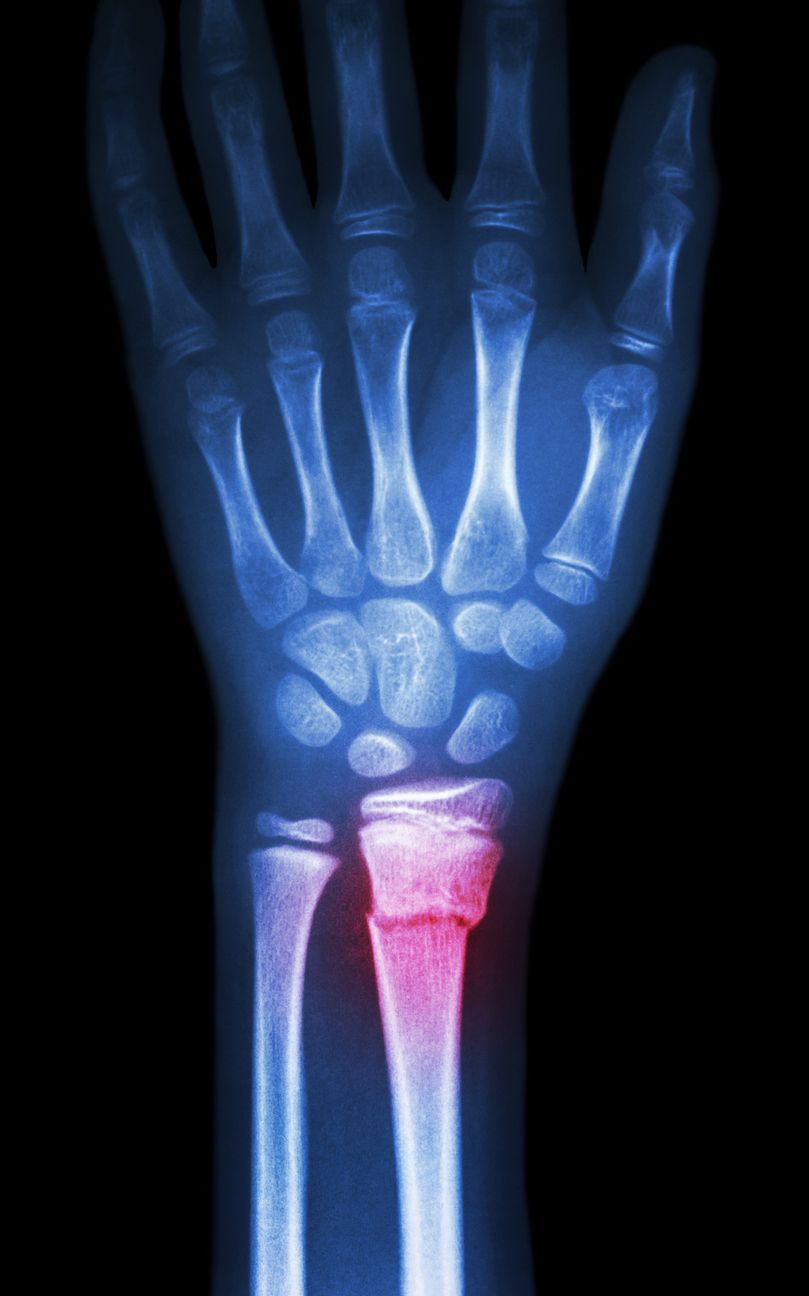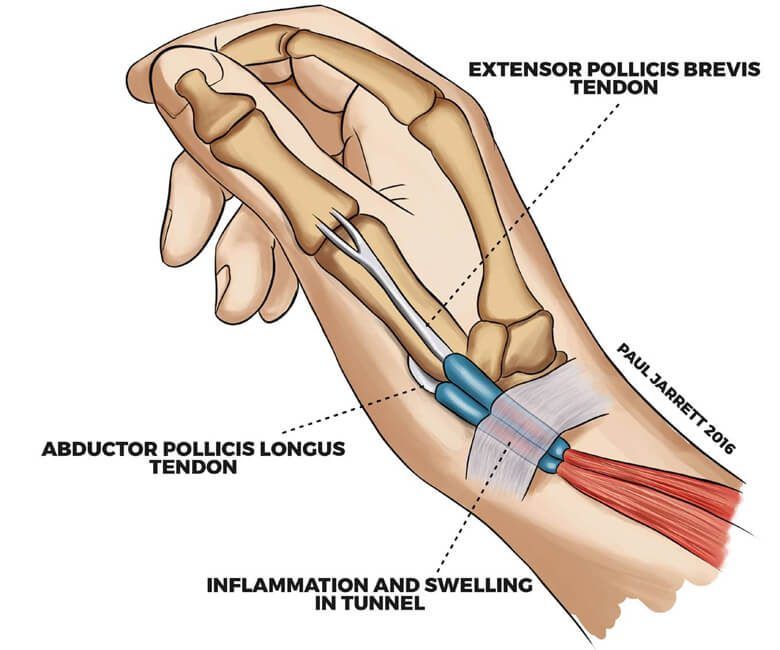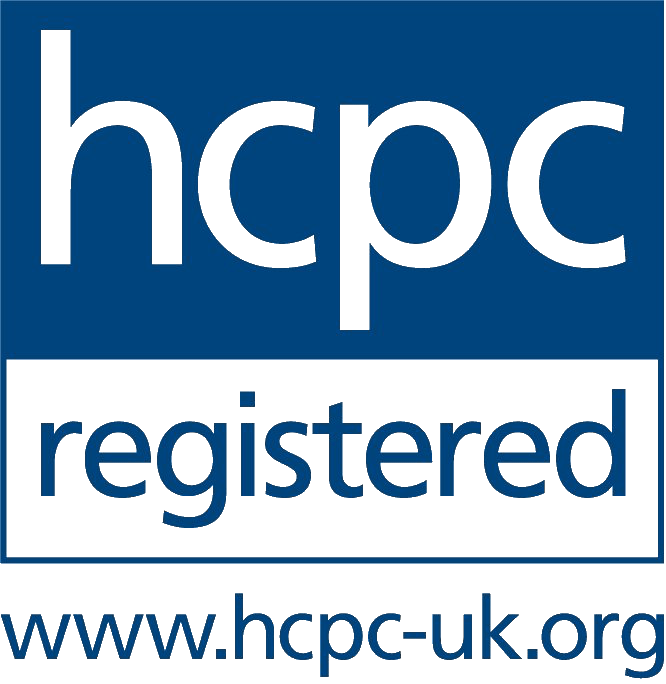Carpal Tunnel Syndrome
Carpal tunnel syndrome (CTS) is pain, numbness and / or paraesthesia that is experienced on the palmar aspect of the hand. It usually occurs between the ages of 36 and 60 and is more common in women. The prevalence of CTS is 2.7-5.8% of the general adult population with a lifetime incidence rate of 10-15%.
The carpal tunnel is formed by an osteofibrous wall which comprises of the flexor retinaculum which forms the superior boundary and the carpal bones which form the inferior border which provides passage for the wrist flexor and median nerve into the hand.
Increased pressure as a result of repetitive wrist movements, obesity, autoimmune disorders (such as rheumatoid arthritis) and pregnancy can subsequently compress the median nerve and the development of symptoms.
Symptoms
Symptoms usually begin gradually at first, with reports of:
• Tingling and / or numbness on the palmar side of the hand (thumb, index and middle finger)
• Increase in symptoms when performing tasks such as holding a phone, steering wheel or first thing in the morning.
• Persistent tinging, numbness and / or burning pain as condition progresses.
• Weakness and decrease muscle bulk of the hand leading to reduced grip and dexterity
Diagnosis
After taking a thorough history of symptom onset and behaviour, a physical examination may identify the following in those with Carpal Tunnel Syndrome:
• A positive carpal compression test, where symptoms are reproduced following firm pressure which is applied over the carpal tunnel for 30 seconds.
• A positive ‘Phalen’s’ or ‘Reverse Phalen’s’ test, whereby the wrist is positioned in such a way which compresses the median nerve in the carpal tunnel and reproduces the symptoms.
• A positive Tinel sign, where tapping over the Carpal Tunnel repeatedly recreates the person’s symptoms
• A positive ‘Scratch Collapse’ test, which is a new test which examines peripheral nerve compression.
• There may also be wasting of the Thenar muscles, which sit at the base of the thumb
How can Physiotherapy help?
Physiotherapy can help in a number of ways to help reduce the symptoms of Carpal Tunnel. Physiotherapy interventions may include:
• Advice and Education
• Activity modification
• Pacing
• K-Tape and splinting
• Manual therapy
• Home exercise programme









